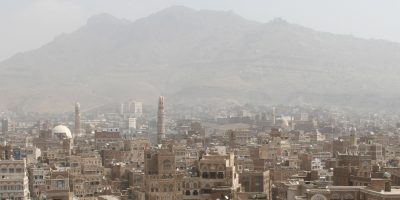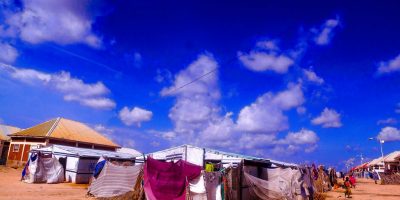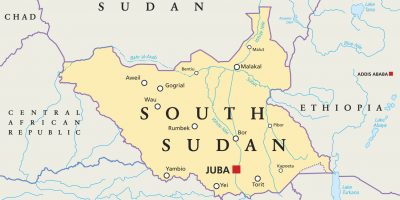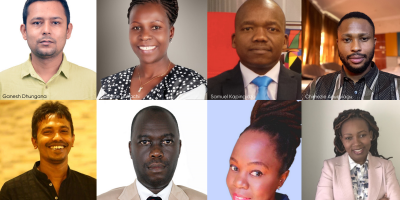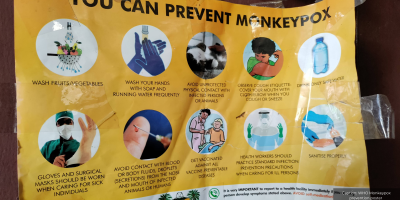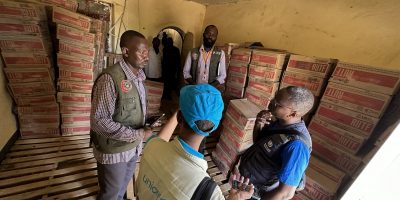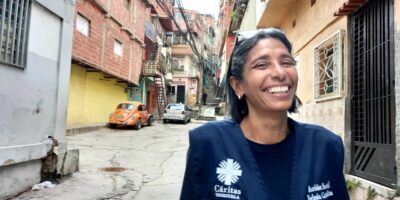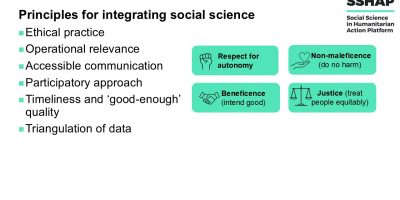
news
SSHAP has published a collection of short videos featuring methods, tools and thinking to aid the use of social science approaches in humanitarian and health emergency response practice. This free collection is for researchers, humanitarian practitioners or others interested in learning and incorporating social science analysis in their work.




